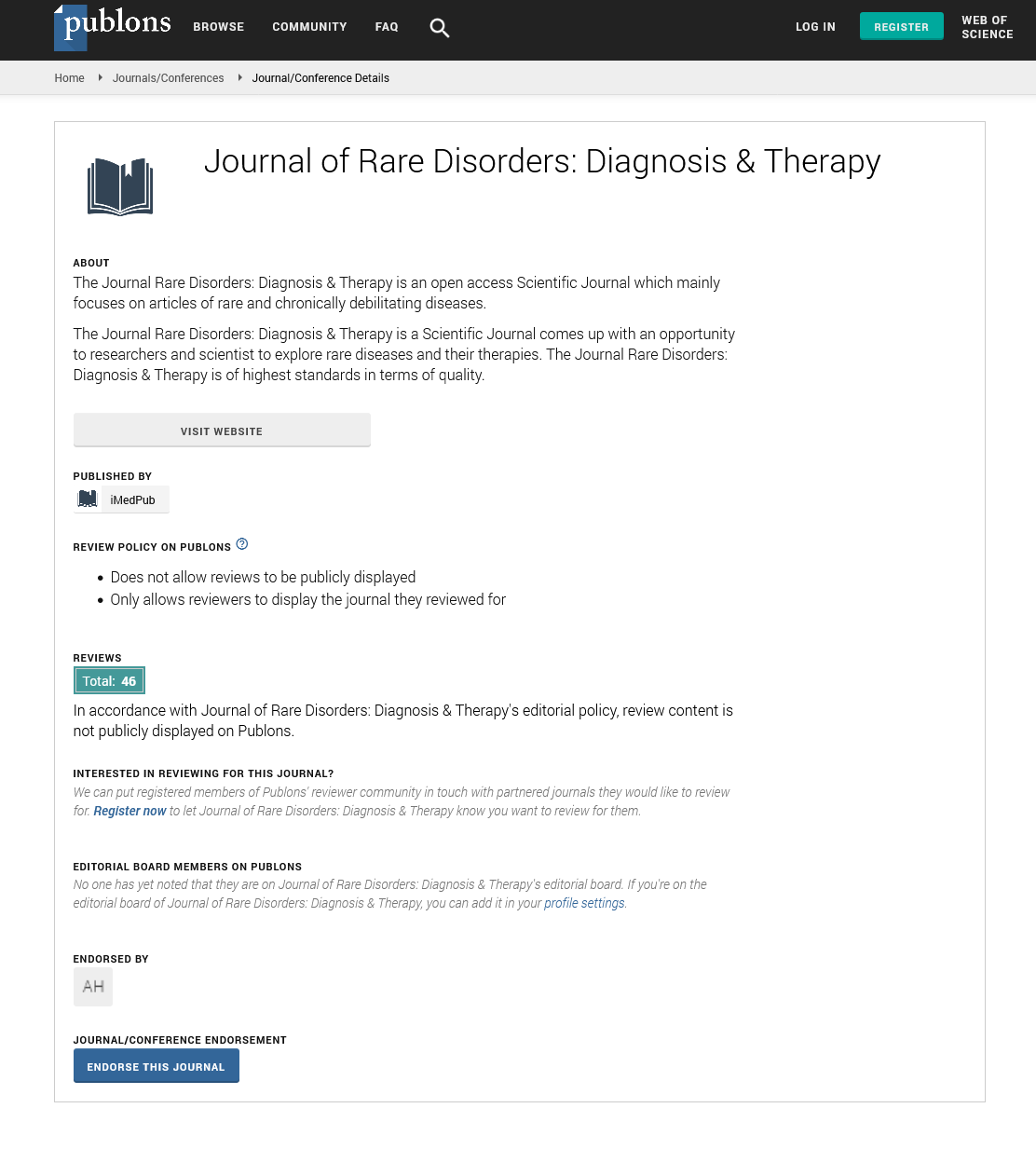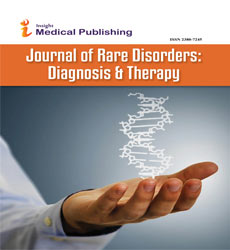Abstract
Focus on Mainstream Health Care Access and Participation for Adults with Intellectual Disability due to Rare Causes
At least half of adults with intellectual disability are estimated to have diagnosed or undiagnosed chromosomal or DNA mutations as the cause of their intellectual disability, which, by definition, are rare. Mostly however, associated physical health problems are not rare, and are well within the scope of mainstream health professional competencies. An unintended consequence of focus on the rareness of the cause of the intellectual disability, no matter how useful that is to understanding the syndrome, is that it deflects attention away from optimal care provision of the relatively common physical health problems that occur in this population, creates a barrier to inclusion into mainstream health access, and may contribute to the excessive preventable mortality and morbidity observed in this population. In this brief communication, a mainstream physician with experience in healthcare provision for adults with and without intellectual disability, a policy maker, researcher and educator in relation to healthcare for adults with intellectual disability offers a reasoned perspective that focusing on implementation of ways to optimize access to and participation in mainstream healthcare by adults with intellectual disability may lead to better quality and quantity of life for this population, instead of wholly focusing on development of separate services dedicated to exploration of the rareness of their cause of intellectual disability. In thinking about the place of rare syndrome organisations, the author proposes that within this mainstream model a small core of expert consultants who work within mainstream health who would oversee quality service, participate in development and implementation of reasonable adjustments within mainstream health settings and professionals, the health interface with the disability sector, support colleagues who are looking after adult patients with intellectual disability, and who are informed resources or researchers on rare syndromes of intellectual disability is consistent with the disability values of inclusion while also acknowledging the functional and biochemical aspects of syndrome of intellectual disability. The specialist skills of scientist and clinician experts and organisations in rare causes of intellectual disability in collaboration with mainstream clinicians, health services and the disability sector may contribute to better health outcomes with longer and better quality of life for adults living with rare causes of intellectual disability.
Author(s):
Robyn A Wallace*
Abstract | Full-Text | PDF
Share this

Google scholar citation report
Citations : 241
Journal of Rare Disorders: Diagnosis & Therapy received 241 citations as per google scholar report
Journal of Rare Disorders: Diagnosis & Therapy peer review process verified at publons
Abstracted/Indexed in
- Google Scholar
- China National Knowledge Infrastructure (CNKI)
- Directory of Research Journal Indexing (DRJI)
- Publons
- International Committee of Medical Journal Editors (ICMJE)
- Secret Search Engine Labs
- Euro Pub
Open Access Journals
- Aquaculture & Veterinary Science
- Chemistry & Chemical Sciences
- Clinical Sciences
- Engineering
- General Science
- Genetics & Molecular Biology
- Health Care & Nursing
- Immunology & Microbiology
- Materials Science
- Mathematics & Physics
- Medical Sciences
- Neurology & Psychiatry
- Oncology & Cancer Science
- Pharmaceutical Sciences


